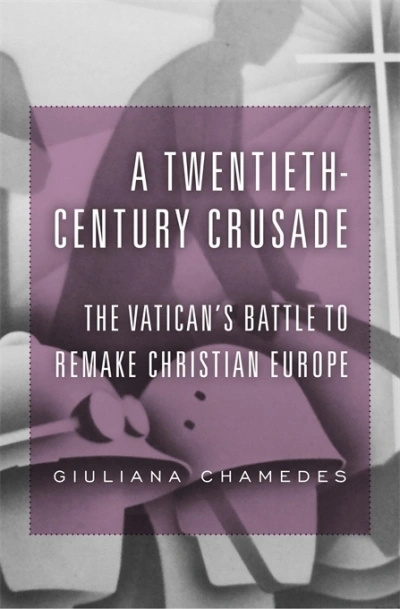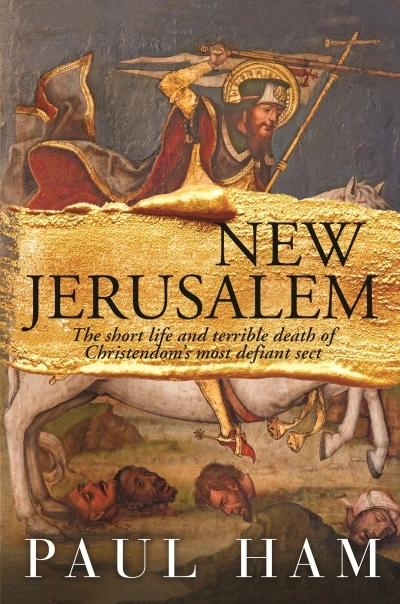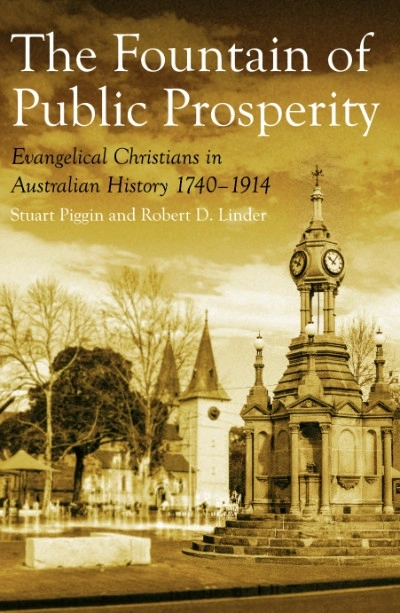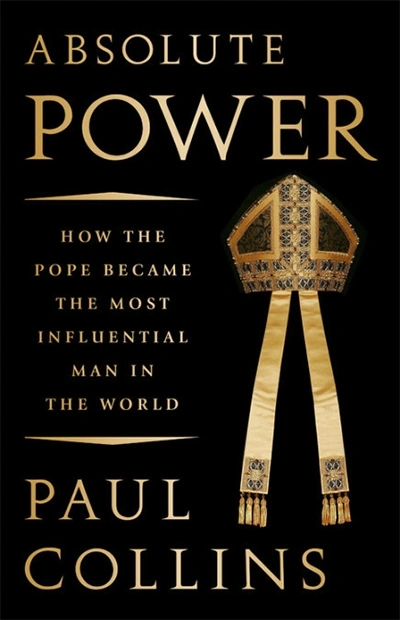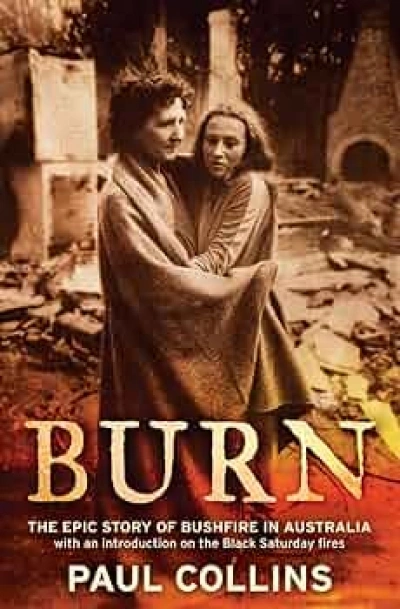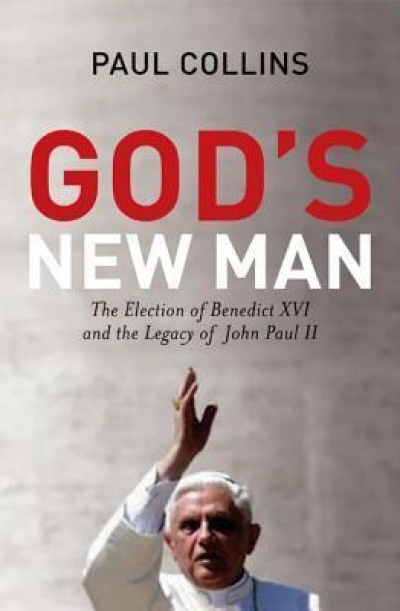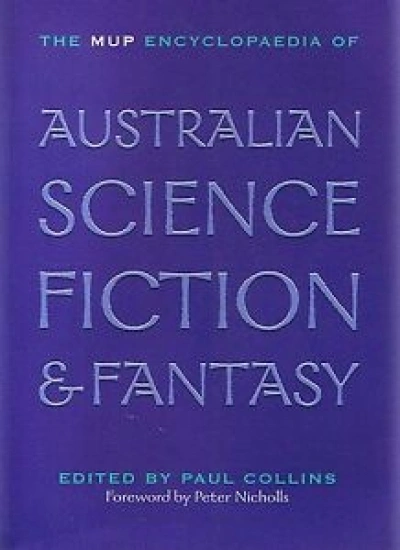Paul Collins
Australia is not the science-fiction capital of the world; in fact we are probably not even on the map. This unfortunate fact would change if we could produce more writers like Paul Collins.
... (read more)A Twentieth-Century Crusade: The Vatican’s battle to remake Christian Europe by Giuliana Chamedes
by Paul Collins •
The Fountain of Public Prosperity: Evangelical Christians in Australian History 1740–1914 by Stuart Piggin and Robert D. Linder
by Paul Collins •
Absolute Power: How the pope became the most influential man in the world by Paul Collins
by Gerard Windsor •
Comments from John Miller, Barry Oakley, Davd Fitzpatrick, Claire Rhoden, and Robert Wills.
... (read more)Like it or lump it, Catholicism is enormously influential in Australia. This is true even just in terms of raw statistics. The Catholic Church is the largest religious body in the country, with 22.6% of the population self-reporting as Catholic in the 2016 Census. It is also Australia’s largest non-government employer ...
... (read more)Burn: The epic story of bushfire in Australia by Paul Collins
by Tom Griffiths •
God’s New Man: The election of Benedict XVI and the legacy of John Paul II by Paul Collins
by Adam Carr •
The MUP Encyclopaedia of Australian Science Fiction & Fantasy edited by Paul Collins
by Damien Broderick •


